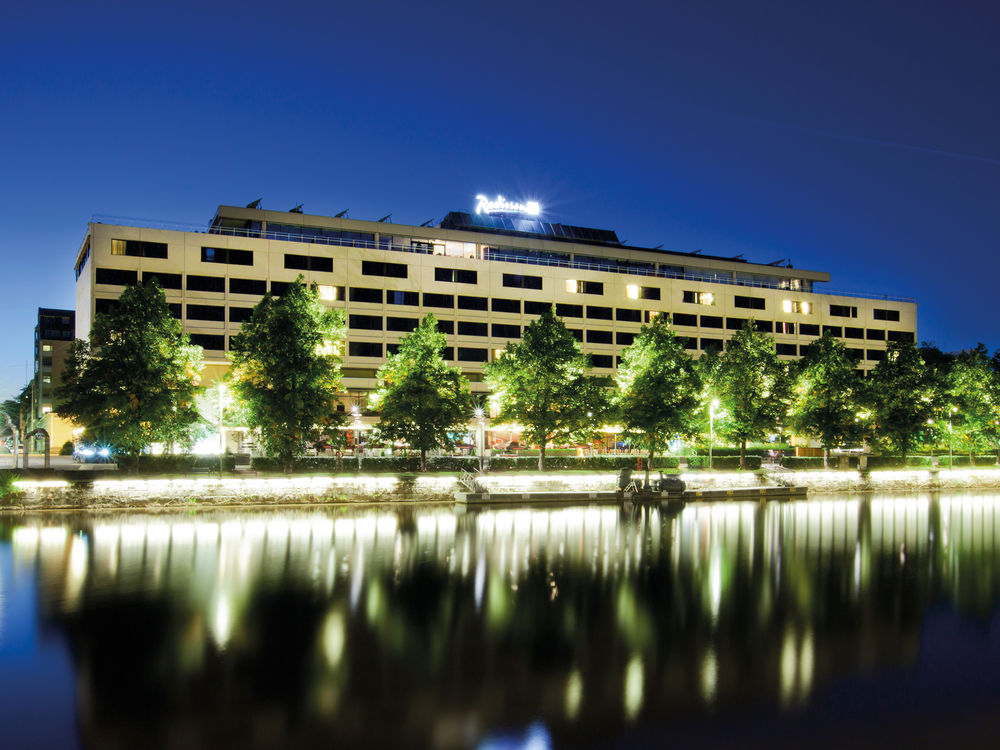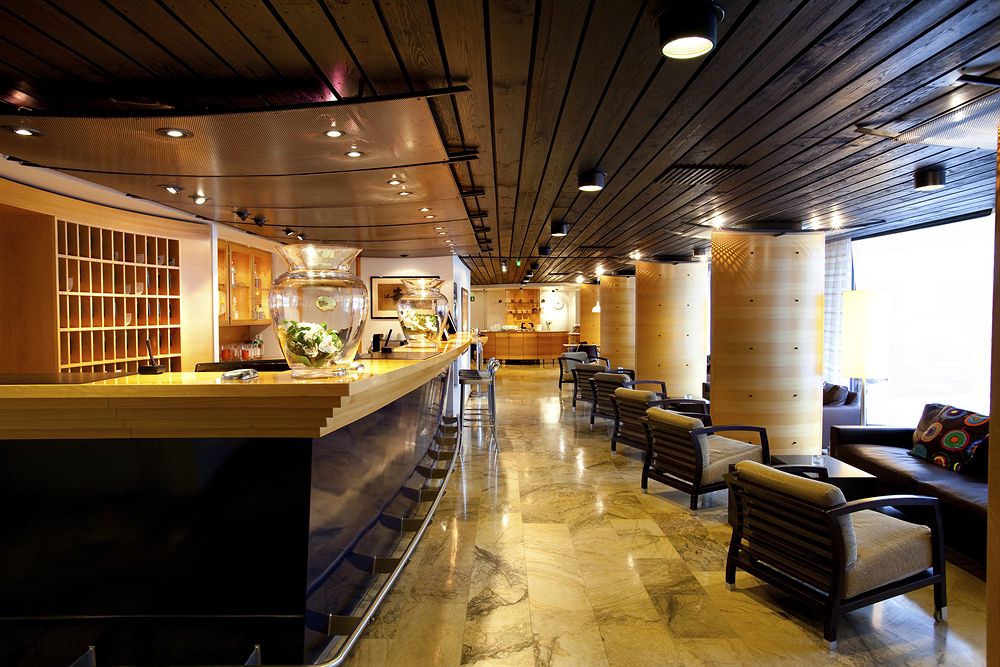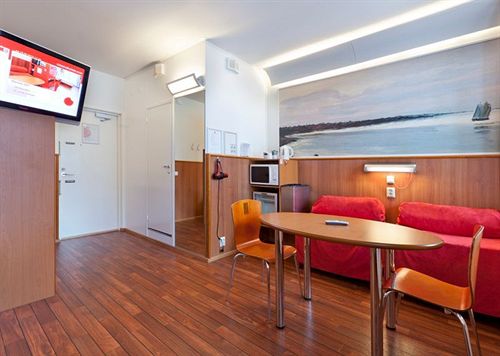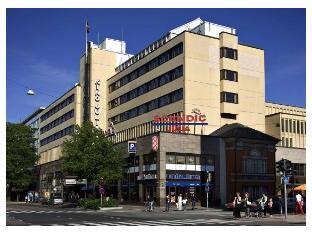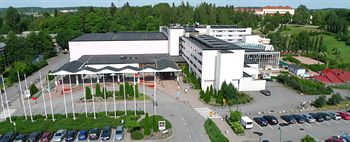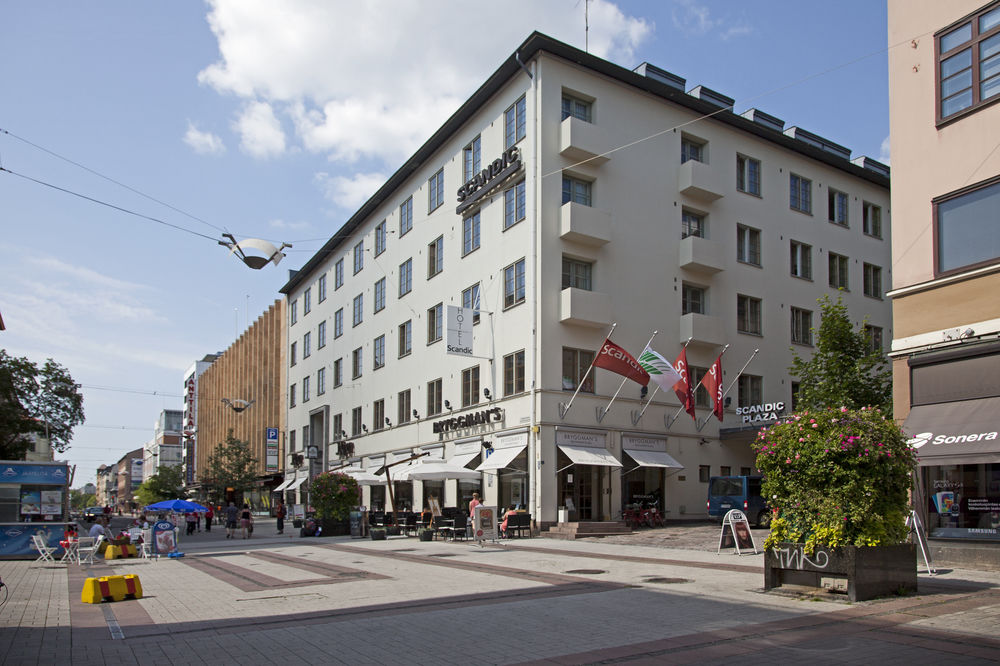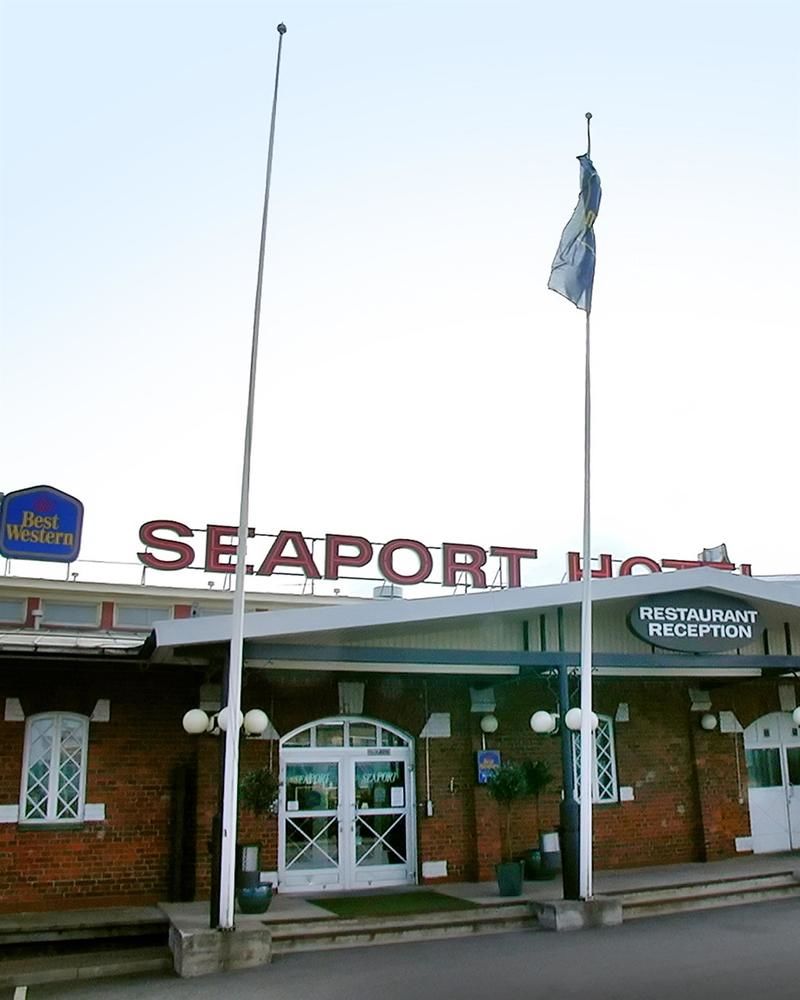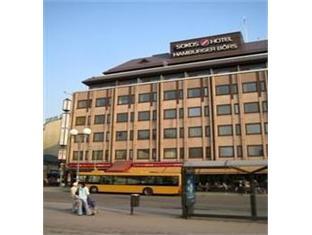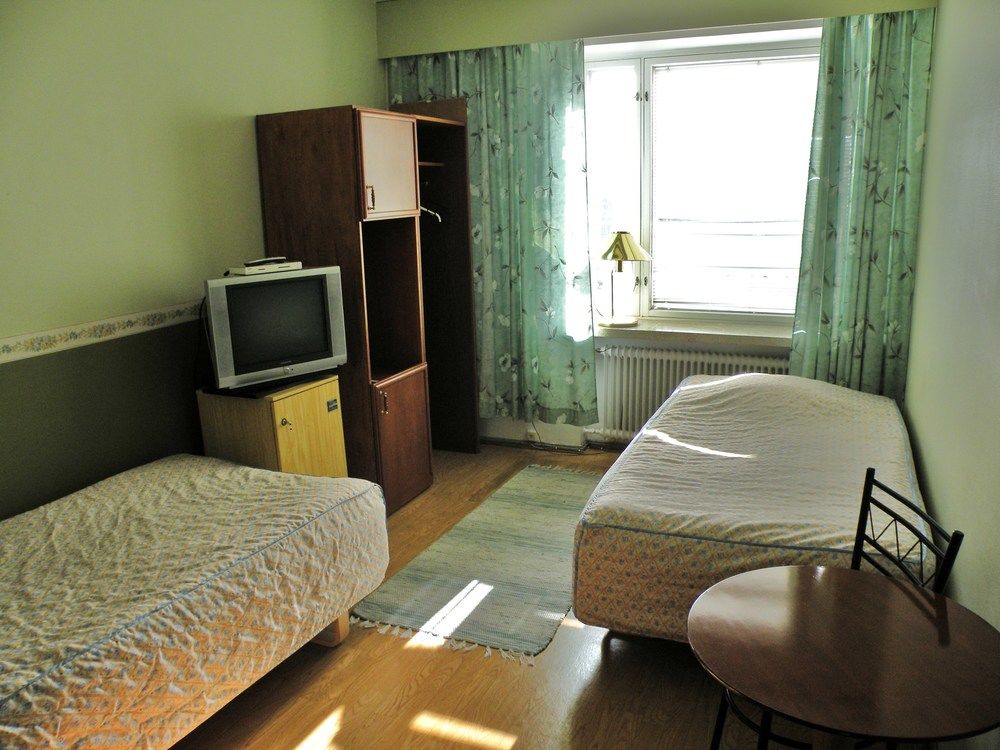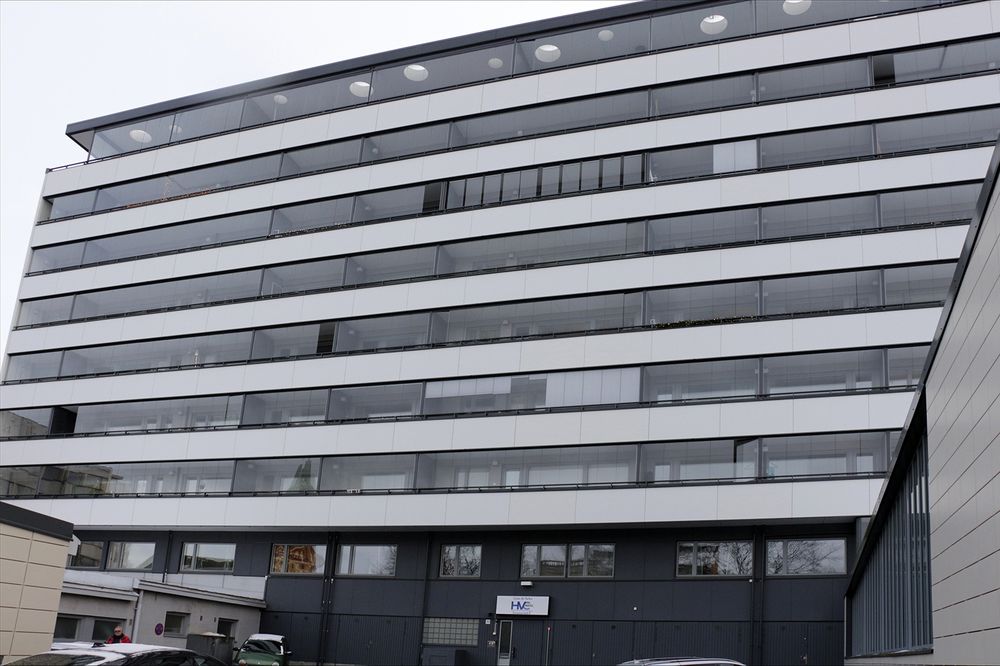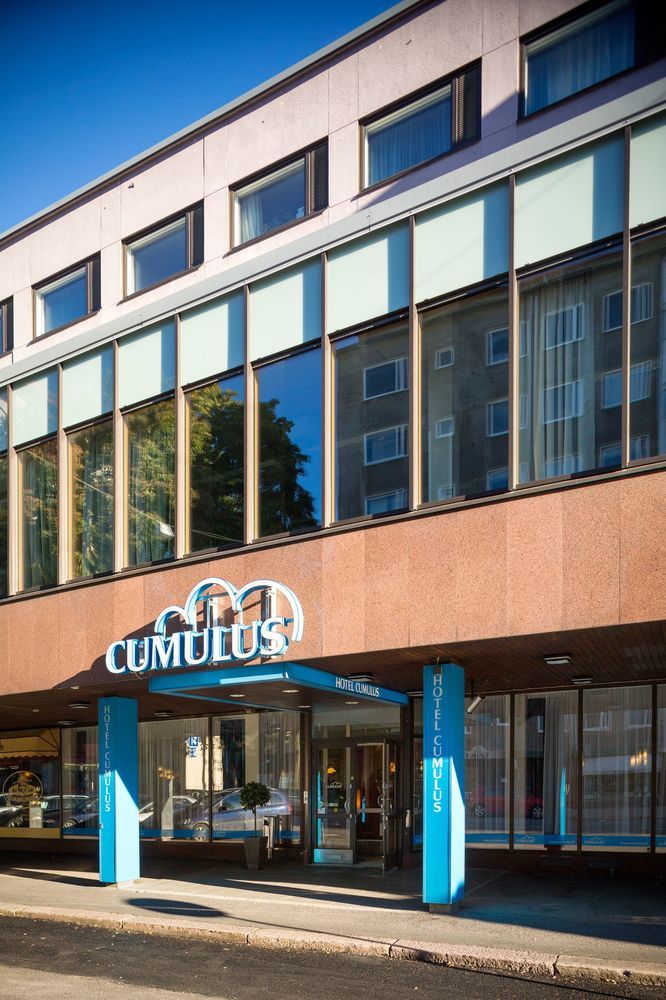
トゥルクホテル検索結果
AIが見つけた軒のホテルの最安値をご覧ください。
ベストホテル
最安値のホテル
ホテル等級
AIおすすめ
トゥルクベストホテル
トゥルク 最低価格のホテル
最高評価のホテル
トゥルクにある4つ星ホテル
トゥルクにある3つ星ホテル
AIがおすすめする世界の旅行先
トゥルク近くのホテル情報
トゥルク 旅行に欠かせない情報
Turku (Finnish pronunciation: [ˈturku] ( listen); Swedish: Åbo [ˈoːbʊ] ( listen)) is a city on the southwest coast of Finland at the mouth of the Aura River, in the region of Southwest Finland (Varsinais-Suomi). Turku, as a town, was settled during the 13th century and founded most likely at the end of the 13th century, making it the oldest city in Finland. It quickly became the most important city in Finland, a status it retained for hundreds of years. After Finland became part of the Russian Empire (1809) and the capital of the Grand Duchy of Finland was moved to Helsinki (1812), Turku continued to be the most populous city in Finland until the end of the 1840s, and it remains a regional capital and an important business and cultural center.
Because of its long history, it has been the site of many important events, and has extensively influenced Finnish history. Along with Tallinn, the capital city of Estonia, Turku was designated the European Capital of Culture for 2011. In 1996, it was declared the official Christmas City of Finland.Due to its location, Turku is a notable commercial and passenger seaport with over three million passengers traveling through the Port of Turku each year to Stockholm and Mariehamn.As of 31 December 2017, the population of Turku was 189,669, making it the sixth largest city in Finland. There were 318,168 inhabitants living in the Turku sub-region, ranking it as the third largest urban area in Finland after the Greater Helsinki area and Tampere sub-region. The city is officially bilingual as 5.2 percent of its population identify Swedish as a mother-tongue.
 時間 UTC+03
時間 UTC+03 通貨 EUR
通貨 EUR 言語 Finnish, Swedish, Sami, Russian
言語 Finnish, Swedish, Sami, RussianStaypiaだけの特別な特典
リアルタイムホテル最安値比較
AIが見つけたin トゥルクの軒のホテルのリアルタイム最安値を簡単に比較検索できます。
316万軒のホテルを最安値で予約
最低価格に最大31%追加メンバーシップ割引でさらにお得にご予約いただけます。
自分だけの
AIがリアルタイムで更新するトゥルク旅行情報で便利に旅行を準備しましょう。
よくある質問
一般的なホテルの場合、客室予約はキャンセル締切日前まで無料返金が可能です。キャンセル締切日以降は手数料が発生する場合がありますので、ホテルバウチャーまたはメニュー>マイ予約でキャンセル締切日をご確認ください。
ステピアでは、AIが収集した316万件のホテルの最安値はもちろん、会員限定の追加割引価格で人気ホテルを予約することができます。
